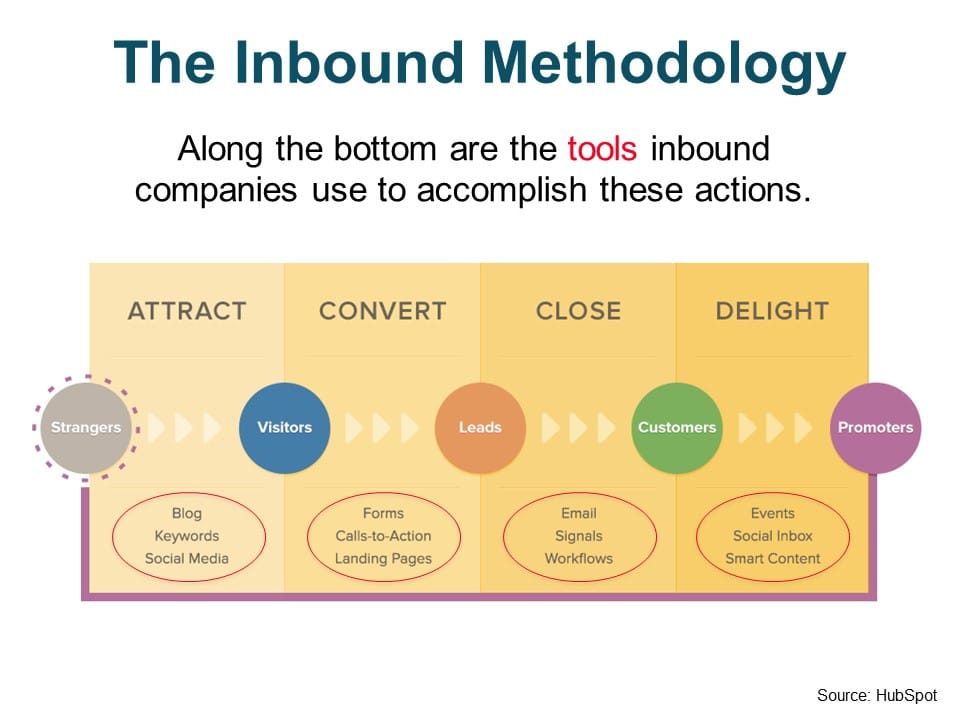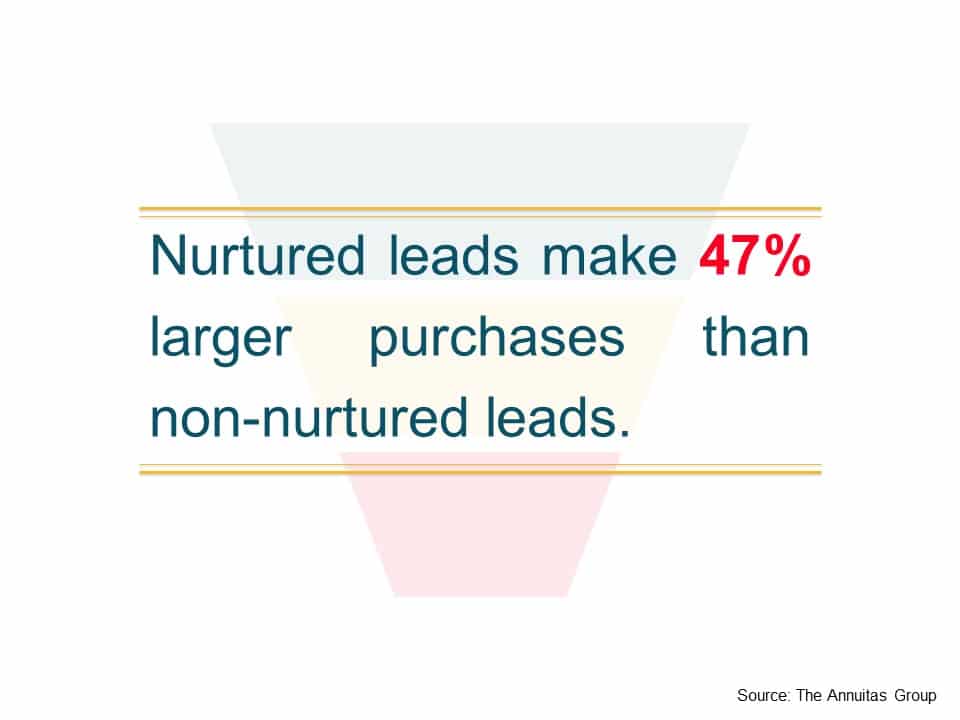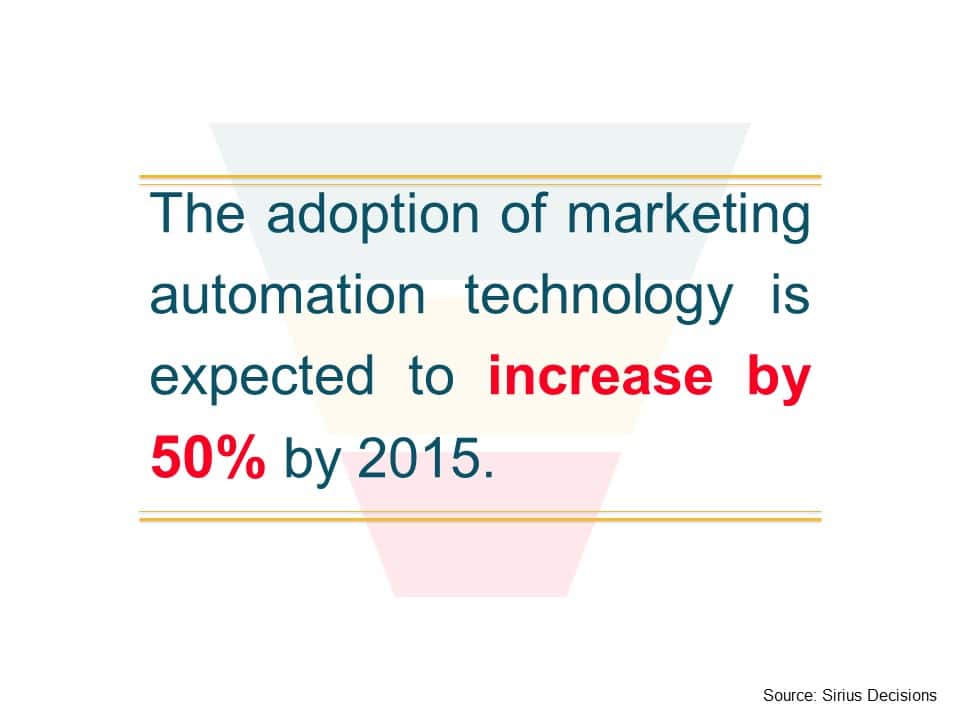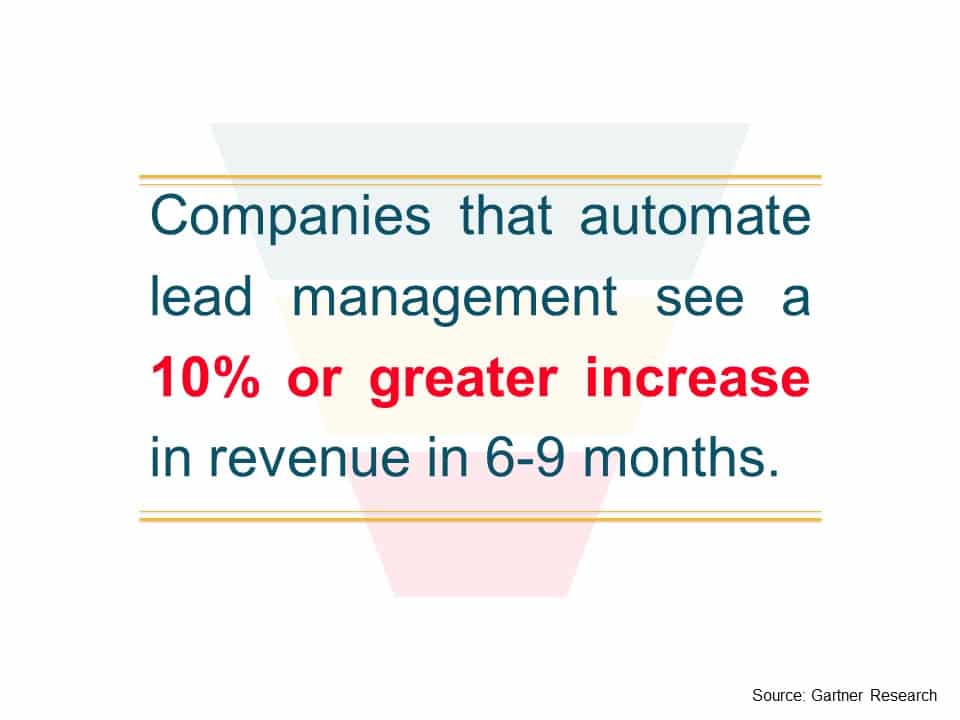6 Powerful Ways Manufacturers Can Increase Productivity and Drive Sales Growth in 2025
Key Takeaways
- Implementing B2B inbound marketing strategies: Can increase manufacturing productivity by up to 20% and generate higher quality leads
- Marketing automation: Helps manufacturers streamline processes, saving time while boosting sales conversion rates by 77%
- Strategic digital marketing: Allows manufacturers to reach wider audiences with less resource investment than traditional methods
- Combining digital marketing with operational efficiency: Creates a powerful framework for sustainable growth
- Data-driven marketing decisions: Help manufacturers measure ROI and continuously optimise their sales processes
The manufacturing industry relies heavily on innovative technology to maintain efficiency, reduce production costs, and accelerate manufacturing processes. While technological advancements have significantly improved production capabilities, equally important is how manufacturers market their products to drive sales growth and increase overall productivity.
For manufacturers looking to thrive in today's competitive landscape, implementing effective marketing strategies is just as crucial as optimizing production lines. This article explores six proven ways manufacturers can leverage B2B inbound marketing to boost productivity and drive substantial sales growth.
The Manufacturing Marketing Challenge
Manufacturing companies face a unique marketing challenge. As meticulously as production processes are carried out, manufacturing marketing strategies require the same level of focus and energy to ensure products reach their intended consumers. The responsibility for effective marketing ultimately lies with the manufacturer, regardless of distribution channels.

Two Approaches to Manufacturing Marketing
Manufacturers typically have two main approaches to marketing their products:
1. Direct Marketing Approach
This approach involves manufacturers directly targeting their audience through methods like telemarketing and trade shows to increase awareness and demand. While effective, this method requires significant resources and can divert attention from core production activities.
2. Distributor-Led Marketing
The second approach involves hiring distributors to handle product marketing. This transfers the marketing burden to specialists while allowing manufacturers to focus on production. Manufacturers equip distributors with comprehensive product information, creating a cost-effective and efficient marketing channel.
Many manufacturers take a hands-on approach to marketing by either working with specialized manufacturing marketing agencies or managing in-house marketing departments responsible for advertising and product launches.
6 Ways Manufacturers Can Increase Productivity and Drive Sales Growth
1. Embrace Digital Marketing Channels
The digital landscape offers manufacturers unprecedented opportunities to reach potential customers. Online platforms enable businesses to connect with millions of prospects with minimal effort. While manufacturers may be familiar with terms like SEO, PPC, and e-commerce, understanding which inbound marketing tactics will deliver actual results for B2B lead generation is crucial.

2. Implement Strategic Lead Nurturing
Effective lead nurturing significantly improves conversion rates for manufacturers. Research shows that nurtured leads make 47% larger purchases than non-nurtured leads, making this strategy essential for manufacturing companies looking to increase sales value.

3. Develop a Multi-Channel Marketing Strategy
Manufacturers interested in reaching a broader audience should develop a comprehensive marketing mix (4Ps) that leverages multiple channels. This approach ensures your message reaches potential customers regardless of where they spend their time online or offline.
4. Adopt Marketing Automation
Marketing automation represents a contemporary, efficient, and cost-effective solution for streamlining and automating the B2B manufacturing marketing process. This technology improves efficiency, boosts sales, and generates sustainable revenue growth.

5. Implement Effective Lead Management Systems
Automating lead management processes can significantly increase revenue. Research indicates that manufacturers who implement automated lead management systems can see a 10% or greater increase in revenue within 6-9 months.

6. Leverage Customer Relationship Management (CRM) Systems
Implementing a robust CRM system for B2B marketing helps manufacturers track customer interactions, manage sales pipelines, and identify opportunities for upselling and cross-selling. This systematic approach to customer management can significantly increase productivity and sales efficiency.
The Future of Manufacturing Marketing
Marketing automation is still in its early stages but is expected to dominate online marketing by 2025, with approximately 85% of customer relationships becoming fully automated. Recent research suggests that marketing automation platforms generate qualified leads that are more likely to convert into sales.
These systems enable manufacturers to schedule multiple campaigns days or weeks in advance, saving considerable time and effort. For manufacturers seeking multi-channel, measurable marketing campaigns, marketing automation represents an essential investment for future growth.
Implementing an Effective Manufacturing Marketing Strategy
To maximize productivity and drive sales growth, manufacturers should consider developing a comprehensive content marketing strategy that addresses each stage of the buyer's journey. This approach should include:
- Educational content that addresses common industry challenges
- Product demonstrations and case studies that showcase your solutions
- Technical specifications and comparison guides
- Customer testimonials and success stories
- Regular industry insights and thought leadership content
By implementing these six strategies, manufacturers can significantly increase productivity, streamline marketing processes, and drive substantial sales growth through effective inbound marketing packages tailored to their specific needs.
Manufacturing Productivity Metrics to Track
To measure the effectiveness of your marketing efforts on productivity and sales growth, consider tracking these key performance indicators:
- Lead-to-customer conversion rate
- Customer acquisition cost (CAC)
- Marketing ROI
- Sales cycle length
- Customer lifetime value
- Website traffic-to-lead ratio
- Content engagement metrics
FAQ: Manufacturing Marketing and Productivity
How can inbound marketing increase manufacturing productivity?
Inbound marketing increases manufacturing productivity by automating lead generation and nurturing processes, allowing sales teams to focus on qualified prospects. This reduces time spent on unproductive leads and increases conversion efficiency.
What marketing automation tools work best for manufacturers?
Leading marketing automation platforms for manufacturers include HubSpot, Marketo, Pardot, and ActiveCampaign. The best choice depends on your specific needs, budget, and integration requirements with existing systems.
How long does it take to see results from B2B inbound marketing?
Most manufacturers begin seeing initial results from B2B inbound marketing within 3-6 months, with significant improvements in lead quality and quantity by 6-12 months. Full ROI typically develops within 12-18 months as content assets accumulate and gain authority.
How can manufacturers measure marketing ROI?
Manufacturers can measure marketing ROI by tracking key metrics like customer acquisition cost, lifetime customer value, conversion rates at each sales funnel stage, and attributing revenue to specific marketing channels and campaigns.

